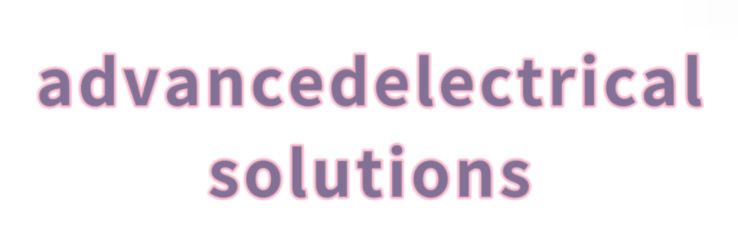Streamlining Electrical Cable Manufacturing: Solving Industry Pain Points for Greater Efficiency
In the competitive landscape of industrial production, optimizing operations is crucial for manufacturers. Electricity and various devices rely on efficient electrical cable manufacturing processes for optimal performance and safety. However, inefficiencies in this segment can lead to significant downtime and increased costs. This article delves into the pain points of the industry and discusses effective solutions for enhancing productivity.
If you want to learn more, please visit our website electrical cable manufacturing process.
Identifying Common Challenges
Many manufacturers encounter obstacles that hinder their production capabilities. Some prevalent issues include:
1. Outdated Technology
Despite advances in manufacturing technology, some companies continue to rely on outdated systems. These machines often lack the precision and speed required for modern electrical cable manufacturing processes, leading to bottlenecks and wastage.
2. High Production Costs
Rising raw material prices and labor costs can significantly affect profit margins. Identifying areas where expenses can be reduced without compromising quality is critical for sustainability in the market.
3. Labor Shortages
The industry is experiencing a shortage of skilled labor, which compounds production inefficiencies. Finding qualified personnel who understand the complexities of the manufacturing process is increasingly difficult.
Innovative Solutions for Greater Efficiency
Addressing these pain points requires a multifaceted approach. Implementing innovative strategies can lead to substantial improvements in the electrical cable manufacturing process.
Additional reading:What Are the Benefits of Aluminum Alloy Cable?
1. Embracing Automation
Integrating automation technologies can streamline operations significantly. Automated machines enhance precision, reduce the likelihood of human error, and speed up production. Implementing robotics for repetitive tasks can free up skilled workers for more complex jobs, thus improving overall output.
2. Investing in Employee Training
Regular training and skill development for employees are essential for maintaining high production standards. By investing in continuous education, manufacturers can equip their workforce with the latest knowledge and skills, ensuring they are adept at using modern machinery and processes.
3. Utilizing Smart Manufacturing Techniques
Adopting smart manufacturing solutions can provide real-time data on production processes. Utilizing IoT devices and data analytics enables manufacturers to monitor performance, predict maintenance needs, and make data-driven adjustments to improve efficiency.
Adopting Sustainable Practices
Focusing on sustainability not only improves efficiency but also enhances brand reputation. By integrating eco-friendly practices into the manufacturing process, companies can reduce waste and energy consumption. This shift attracts environmentally conscious consumers and can lead to potential cost savings.
Conclusion
The electrical cable manufacturing process is essential for sustaining various industries. Addressing the challenges faced by manufacturers can lead to significant efficiency gains. Through embracing technology, investing in workforce development, and adhering to sustainable practices, companies can position themselves favorably within the market while effectively meeting the demand for high-quality electrical cables.
Contact us to discuss your requirements of rvv cable. Our experienced sales team can help you identify the options that best suit your needs.


Comments